What is Fibrodysplasia Ossificans Progressiva?
Fibrodysplasia Ossificans Progressiva (FOP) is an ultra-rare genetic condition that affects an estimated in 1 in 2 million people worldwide. FOP is characterised by the abnormal development of bone in muscles, tendons and ligaments, leading to a second, internal skeleton that restricts movement over time.
The process, known as heterotopic ossification, typically starts in childhood, often after trauma or injury. As the disease progresses, mobility becomes increasingly limited, as joints and connective tissue essentially ”freeze” in place due to the unwanted bone growth. Over time, those with FOP may lost the ability to perform basic activities like walking, eating, and even breathing.
The primary cause of FOP is a mutation in the ACVR1 gene, which misdirects cells to form bone where they shouldn’t. Despite its severity, FOP is often misdiagnosed, which can lead to inappropriate treatments that further worsen the condition. Unfortunately, there is currently no known cure, and treatments are largely focussed on managing symptoms and slowing disease progression.
Research is ongoing, and global organisations like the International Fibrodysplasia Ossificans Progressiva Association (IFOPA) work tirelessly to raise awareness, support research, and advocate for those affected by this devastating condition.
The Daily Challenge of Living with FOP
The effects of FOP go beyond physical limitations. Everyday activities that most people take for granted, such as getting dressed, bathing, or preparing food, can become painful and even impossible without assistance.
As joints become immobilized and body movement becomes restricted, maintaining independence is one of the greatest challenges. Those with FOP often rely on family members or caregivers for daily tasks and finding tools that can help preserve a sense of autonomy can be life-changing.
Living with FOP can also have a profound emotional impact. Feelings of isolation, frustration, and anxiety are common, especially as the disease progresses and mobility declines. Social interactions, work, and personal hobbies can become increasingly difficult to maintain, further contributing to feelings of helplessness. This is why support networks, adaptive technology, and accessible solutions play a crucial role in improving quality of life for those with FOP.
How the Uccello Kettle Can Help
At Uccello Designs, we recognize the importance of designing products that can make life easier for those with physical challenges. The Uccello Kettle is specifically designed to be ergonomic, safe, and easy to use, making it an ideal solution for individuals living with FOP.
Its unique tipping feature allows users to pour hot water without the need for lifting or straining, reducing the risk of injury or discomfort. This is especially beneficial for people with limited upper-body mobility, as the kettle can be operated with minimal effort.
We are proud to collaborate with Melissa Davis over at the IFOPA to showcase how the Uccello Kettle can empower individuals with FOP by providing a safer and more accessible way to carry out daily tasks like making tea or coffee.
Our partnership aims to raise awareness about FOP and demonstrate how innovative products can improve independence and quality of life for those living with this rare condition.
Together with IFOPA, we are committed to creating a more inclusive world where everyone has access to the tools, they need to live with dignity and ease.




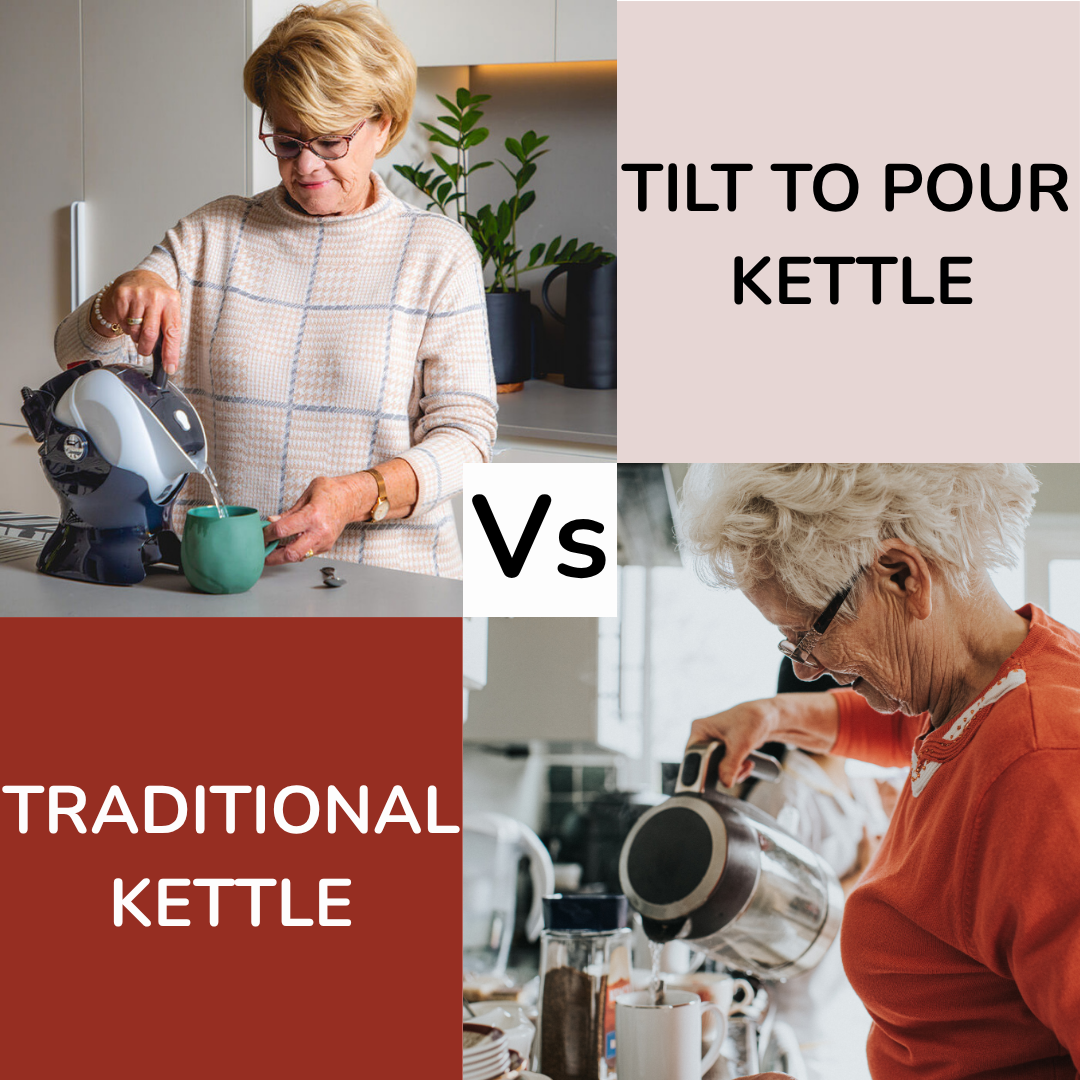

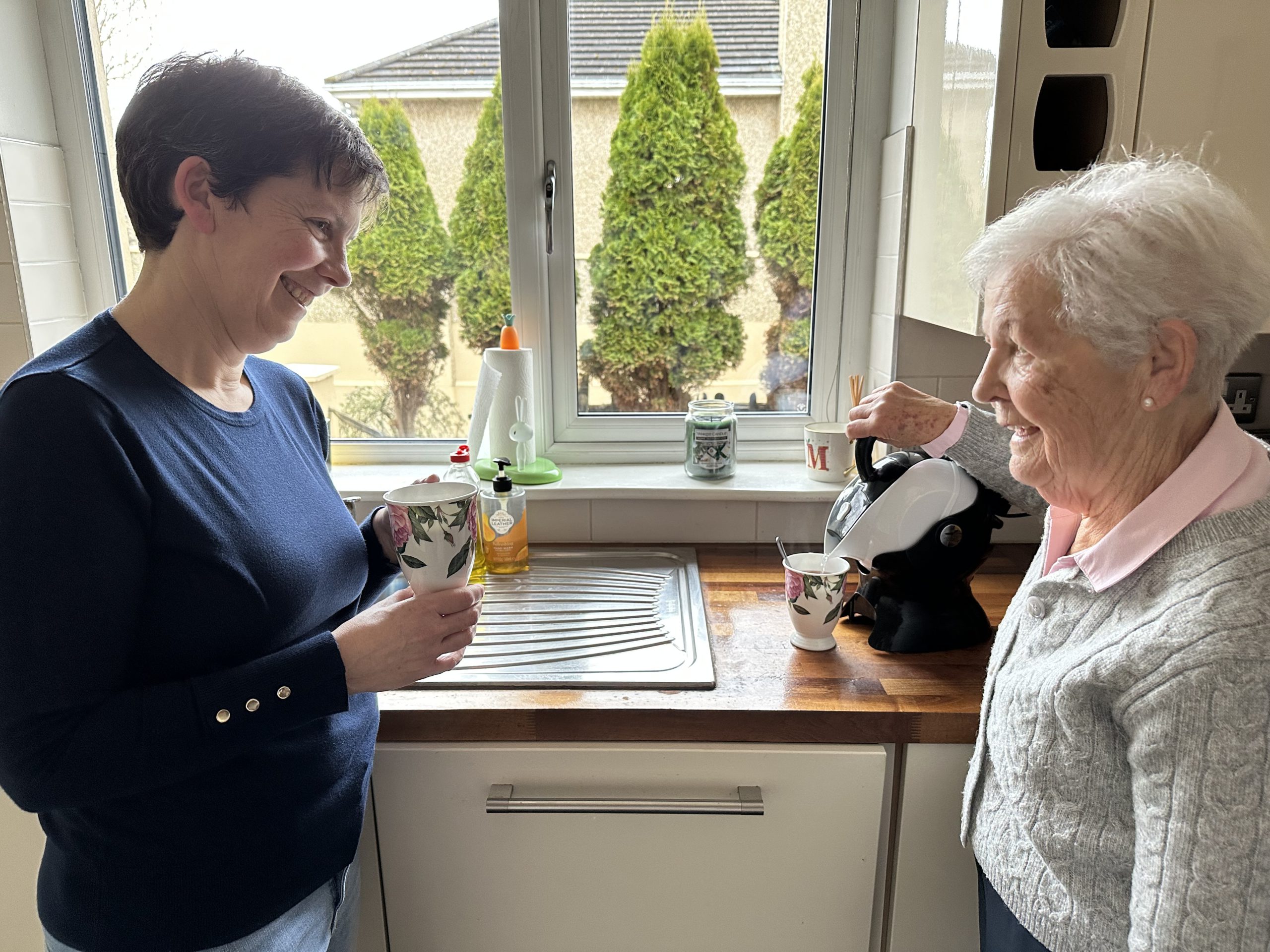
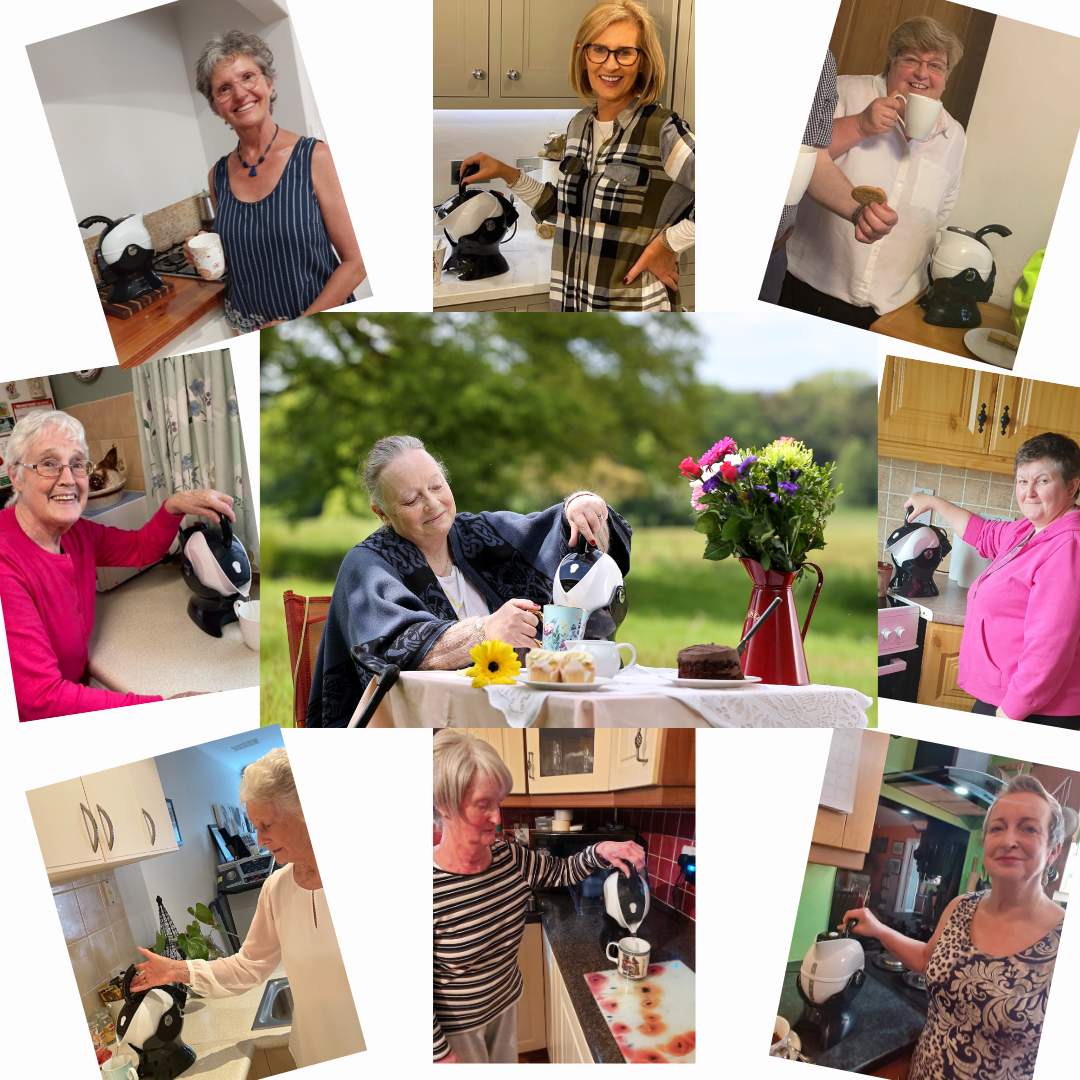
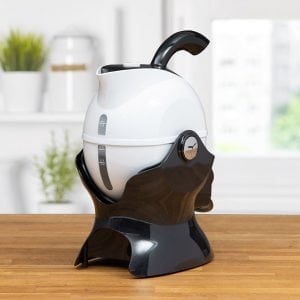
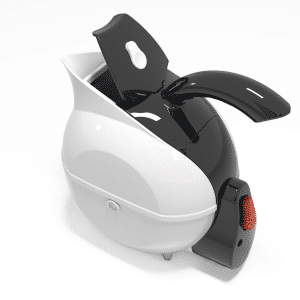
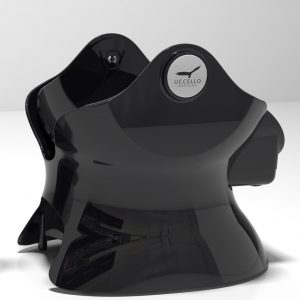
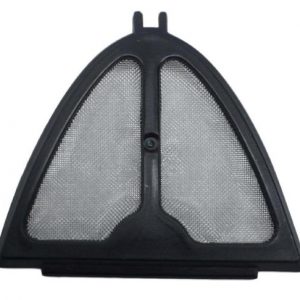
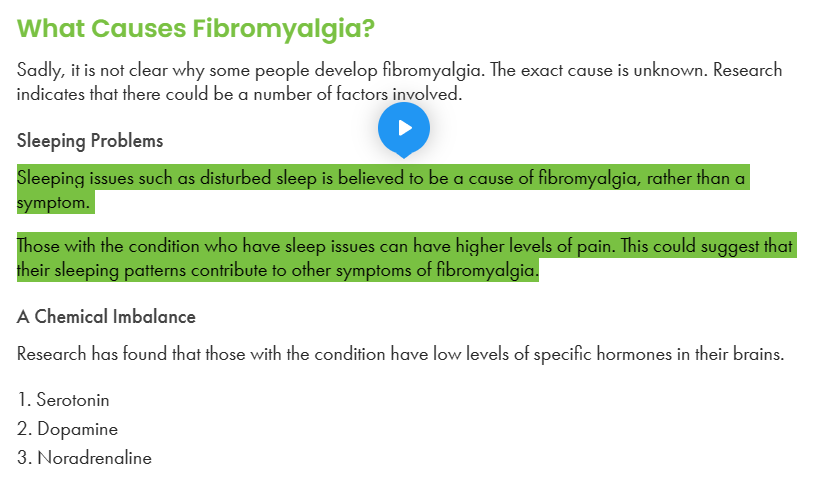
Leave a Comment